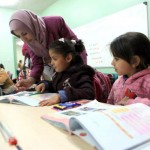
The town of Al-Mafraq—"the crossroads" in Arabic—was a major intersection of civilizations throughout history. Today, with the conflict in Syria only 10 kilometers away, the town is at a new “crossroad” as it has received a large influx of Syrians fleeing violence. During the two years since the conflict began, Jordan opened its border to more than 540,000 Syrians—housing the majority in local communities rather than refugee camps—straining Jordan’s already limited natural and financial resources.
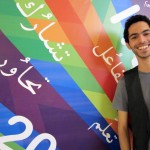
Like so many young people in Jordan and around the world, Murad Al Zaghal was in need of opportunities to express his creative voice in a way that contributed to his personal growth. By participating in USAID’s International Youth Day 2011, 19- year-old Al Zaghal got a boost to his confidence and abilities while pursuing his passion for design.
Seventy percent of Jordan’s population is under age 30, and nearly two-thirds of working-age youth are unemployed. The Government of Jordan has made the positive participation of youth in all aspects of life a high priority, and USAID recently initiated an integrated set of programs to address youth and poverty.
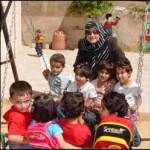
Zeinab Momani’s high school scores did not allow her to fulfill her life’s desire of attending university - but she did not stop seeking other options. 25-year-old Zeinab heard from her brother about a short business-management training program that teaches participants how to start their own business.
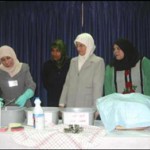
Jordanian law does not allow midwives to perform this procedure. Although physicians are abundant in Jordan, there is a shortage of female physicians at primary health care centers, especially in remote areas. This posed a problem since clients prefer female service providers. USAID and the Maternal and Child Health (MCH) Department of the Jordanian Ministry of Health had to find solutions to this problem that is affecting the total contraceptive prevalence rate.
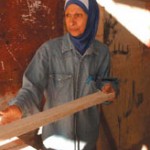
When Nariman Hefawi’s husband became too ill to manage his construction supply company, she took over to provide for their family. It was a daunting challenge. Hefawi is a woman in a male-dominated industry, and in dire need of capital to reactivate the business, which had closed during her husband’s illness.








Comment
Make a general inquiry or suggest an improvement.